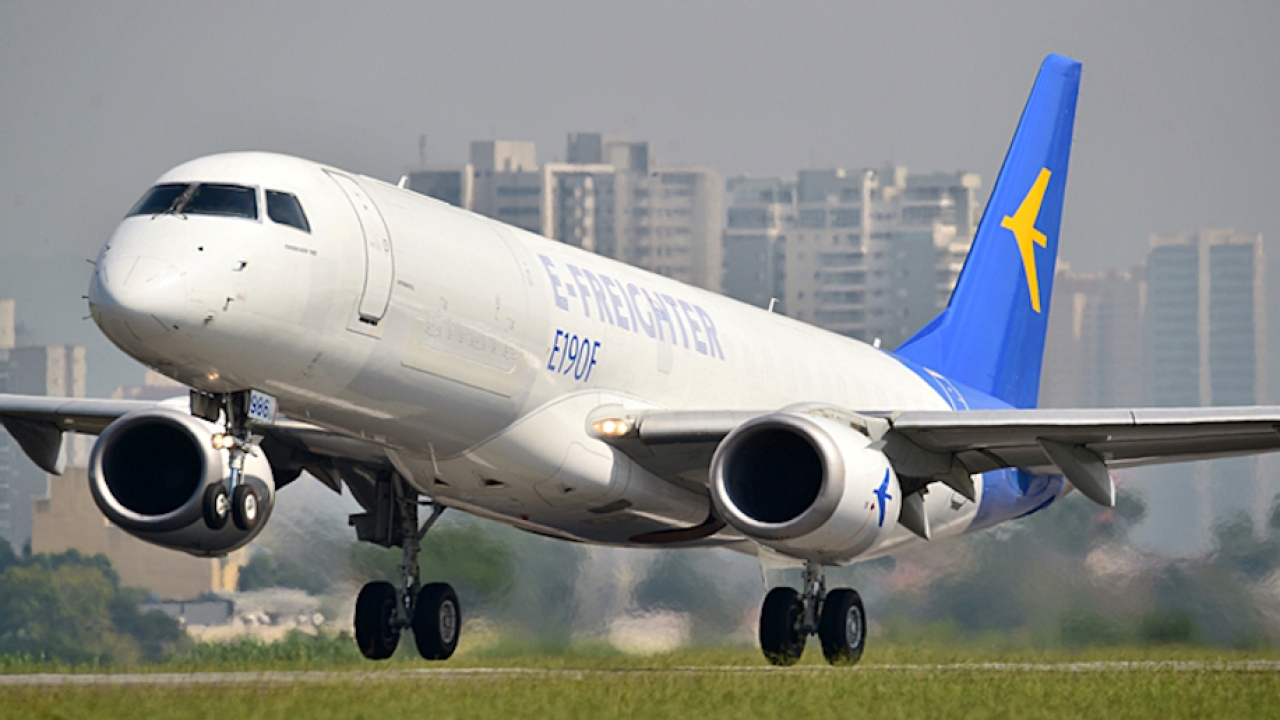Air services deal between UAE and India creates growth opportunity

The signed ASA allows scheduled flights of any type of service (passenger or cargo) between both states.
The agreement was signed by H.E Saif Mohammed Al Suwaidi, director general of the UAE’s civil aviation authority (GCAA) - pictured right, and H.E Dr. Prabhat Kumar, joint secretary of India’s civil aviation ministry.
Al Suwaidi stressed the importance of this agreement, which he said will further boost the travel and trade between UAE and India.
Al Suwaidi said the GCAA continues to explore new horizons for mutual air transport agreements to promote UAE’s local carriers and boost local economy and tourism industry.
ASAs go in line with the directions of UAE Government to enhance international cooperation through air transport. UAE now has air services agreements with over 164 countries, of which 122 are open skies or fully liberal arrangements.
Unusually, the Indian agreement had to be addressed by the Prime Minister and his cabinet as the bilateral agreement was becoming confused with equity investment by the UAE national carrier Etihad in the popular, but financially troubled, Jet Airways which included additional capacity between Abu Dhabi and India
The arrangement saw strong objections from several political leaders, who had demanded that the government reconsider the decision and freeze the agreement citing, among others, adverse impact on the operations of India’s airlines and airport operators. The prime minister had put the matter in abeyance, directing it be brought to the Cabinet for a decision “in the interest of wider consultations and greater transparency”.
The move will be applauded by the four main UAE carriers. Speaking at the CAPA World Aviation Summit in November, Sir Tim Clark, president of Emirates airline said the Indian market has a lot of similarities with China in terms of potential. But, he said, the market has remained relatively suppressed since a round of liberalisation measures enabled foreign carriers to increase capacity in 2004 adding that foreign carriers were now being indirectly held back by domestic politics.
“Today, an A380 is not allowed to fly into Delhi or Mumbai airports. Delhi was built as one of the most advanced airports in Asia, yet they allowed that to happen. Much of what will happen to the future of India is in the hands of its government. They need the ability to be able to deal with the pressures of multiple stakeholders in the political landscape as well as within the commercial community. They must recognise air travel is critical to the growth of the economy, which still has enormous potential.”
Clark said Emirates has offered 54,000 seats each way on 185 flights a week to 10 Indian destinations since 2004. “But I haven’t had a seat since,” he said.
“If you analyse the growth we have experienced since then with that of India, we should by now have 85,000 seats in each direction to 20 destinations.”
Clark said turmoil in the domestic aviation sector and the Indian government’s commitment to financially underwriting Air India was bad news for the marketplace. “The intellectual skills the Indian people bring to many countries and companies around the world are known to all of us. But they are restricted in terms of outbound travel.” Clark claimed Emirates was now known as the national carrier of India and said it was “shameful” that Air India had never evolved into one of the world’s leading carriers.
Stay up to date
Subscribe to the free Times Aerospace newsletter and receive the latest content every week. We'll never share your email address.

